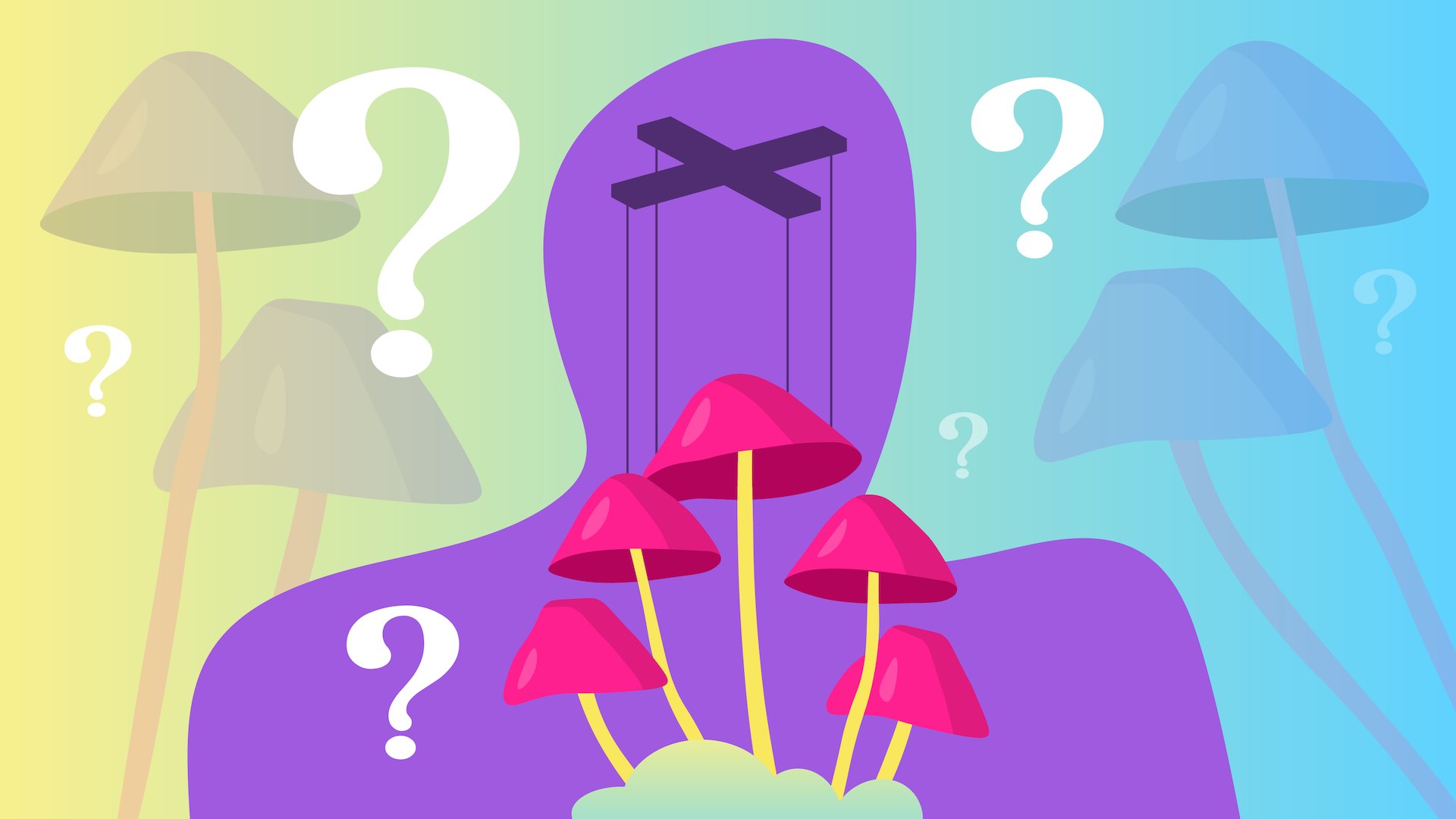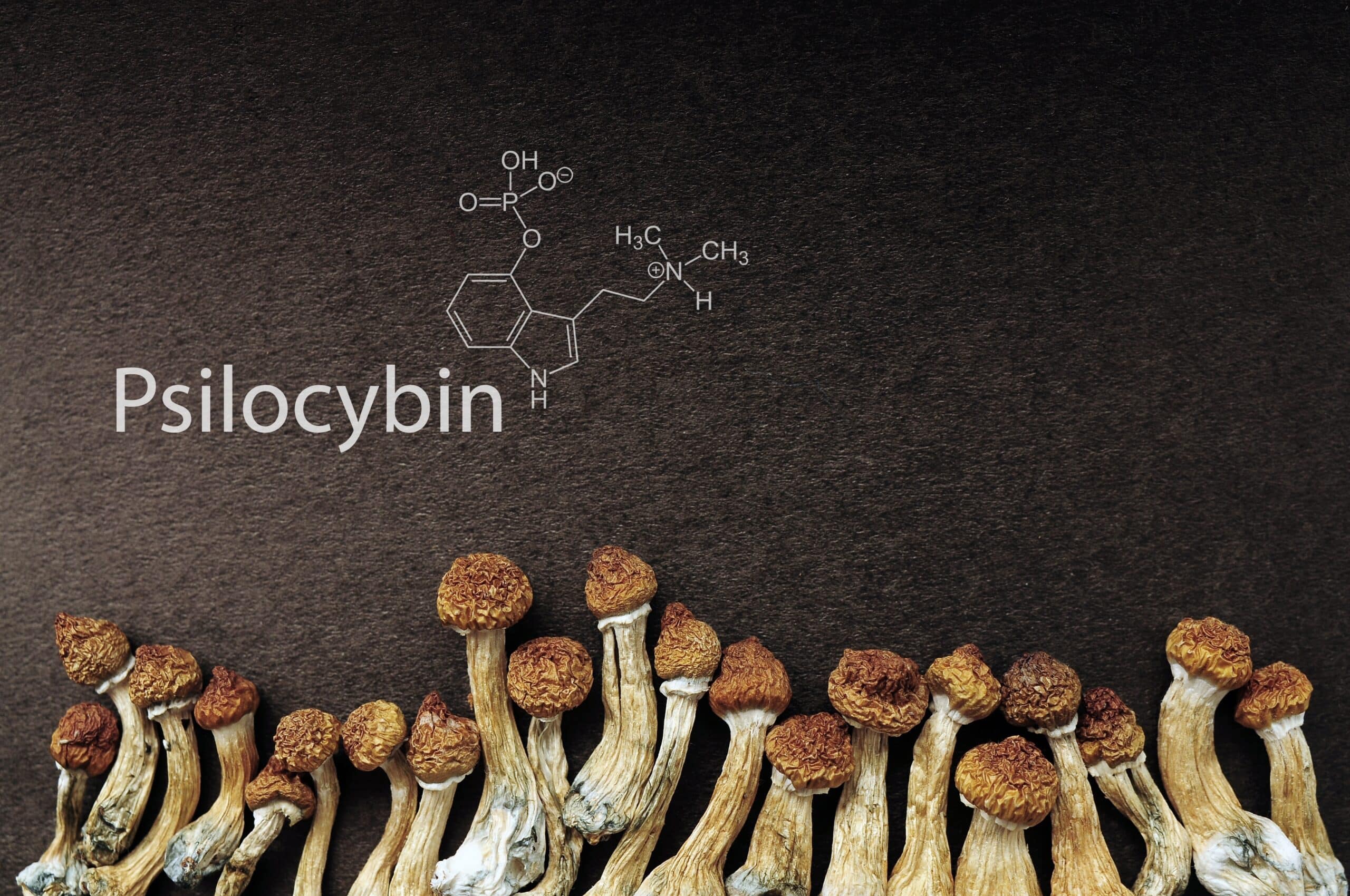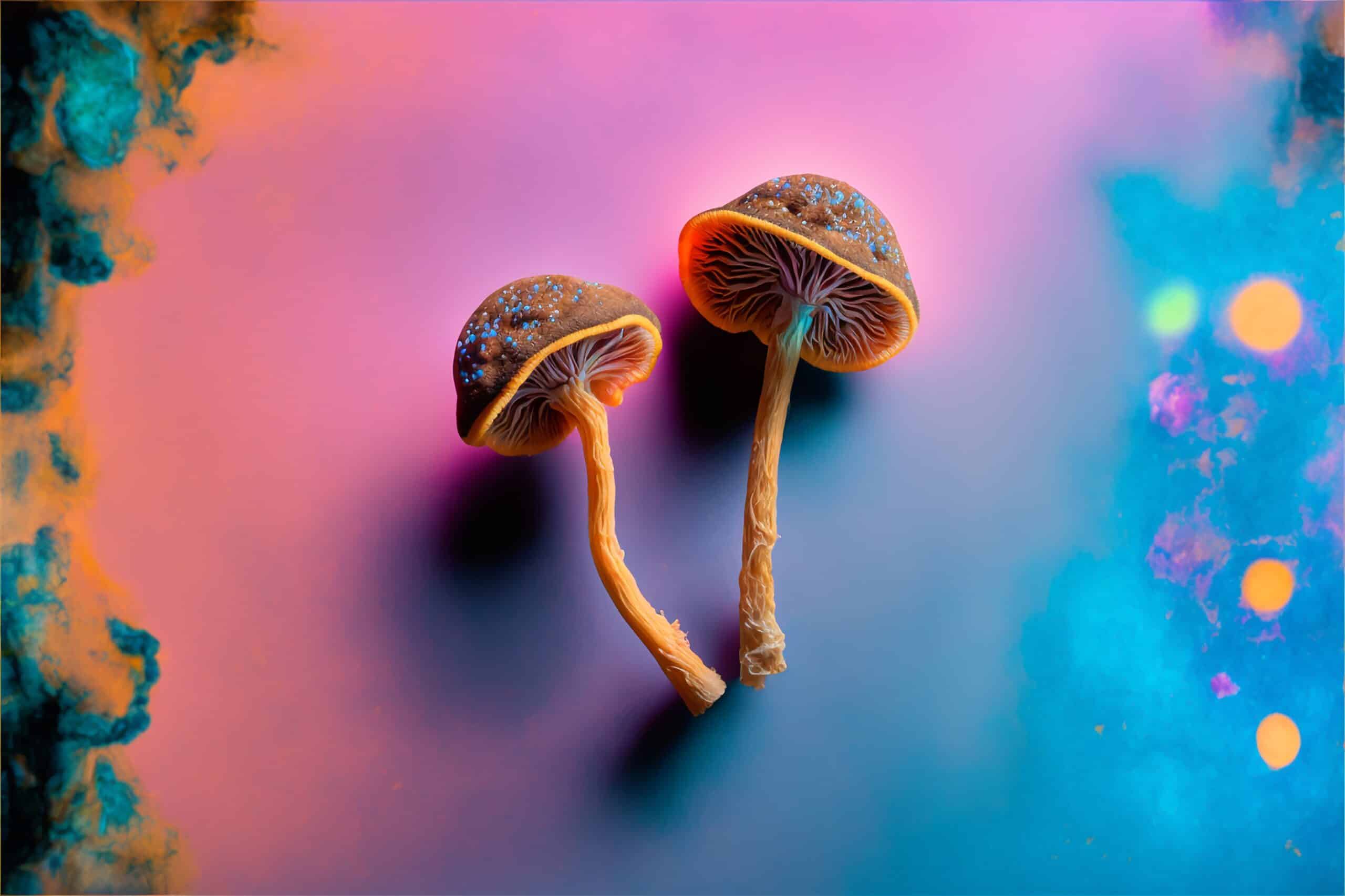By its very nature, cannabis isn’t about looking back. A new year means new strains, a new crop, and new states opening their adult-use floodgates. 2024 is looking brighter and brighter, Leafly Nation, but we think it’s also worth looking at how far we’ve come, and what resonated with us in 2023. We can’t keep pushing forward without acknowledging what worked and what didn’t to get us here, right?
So, we’ve compiled here our most popular stories of 2023. We saw some trends with our traffic—namely, you all seem to have an interest in optimizing your lives with shrooms, seeking out the heat when it comes to strains and products, and how to ensure cannabis gives you treats, not tricks. Did you find a new favorite cultivar or go-to product this year? We hope so. See you in 2024!
Shrooms
If you think interest in shrooms came out of nowhere, you haven’t been paying attention! Magic mushrooms, psilocybin, and other psychedelic plants and substances have histories that date back thousands of years to various civilizations, just like cannabis. As activists and legislators in more and more states and cities work to decriminalize and de-stigmatize them, sky’s the limit for what kind of role they’ll eventually play in our society and the world at large. If you’re feeling lost, these articles are a great place to start.
Related
How to order weed delivery online with Leafly
Strains & Products
As we tally up the ever-growing list of cannabis cup and competition winners for the year, it appears that our readers are snobs. Just kidding—y’all just have amazing taste and refuse to letter for less. Our Head of Brand Experience and career terp sleuth David Downs has a keen eye for picking winners—many of the cultivars on his seasonal and monthly lists topped best-of lists, sold out, and won big awards.
Science, Lifestyle, and Politics
Beyond the weed itself, we love to see that our community of readers take their health seriously, and keep an eye on policy. Cannabis has so much potential, be it as a conduit for intimacy or a tourism draw, and that resonated with readers. And as the map of the US gets greener and greener every year (welcome, Ohio!), 2024 is sure to take us to even further heights.









































